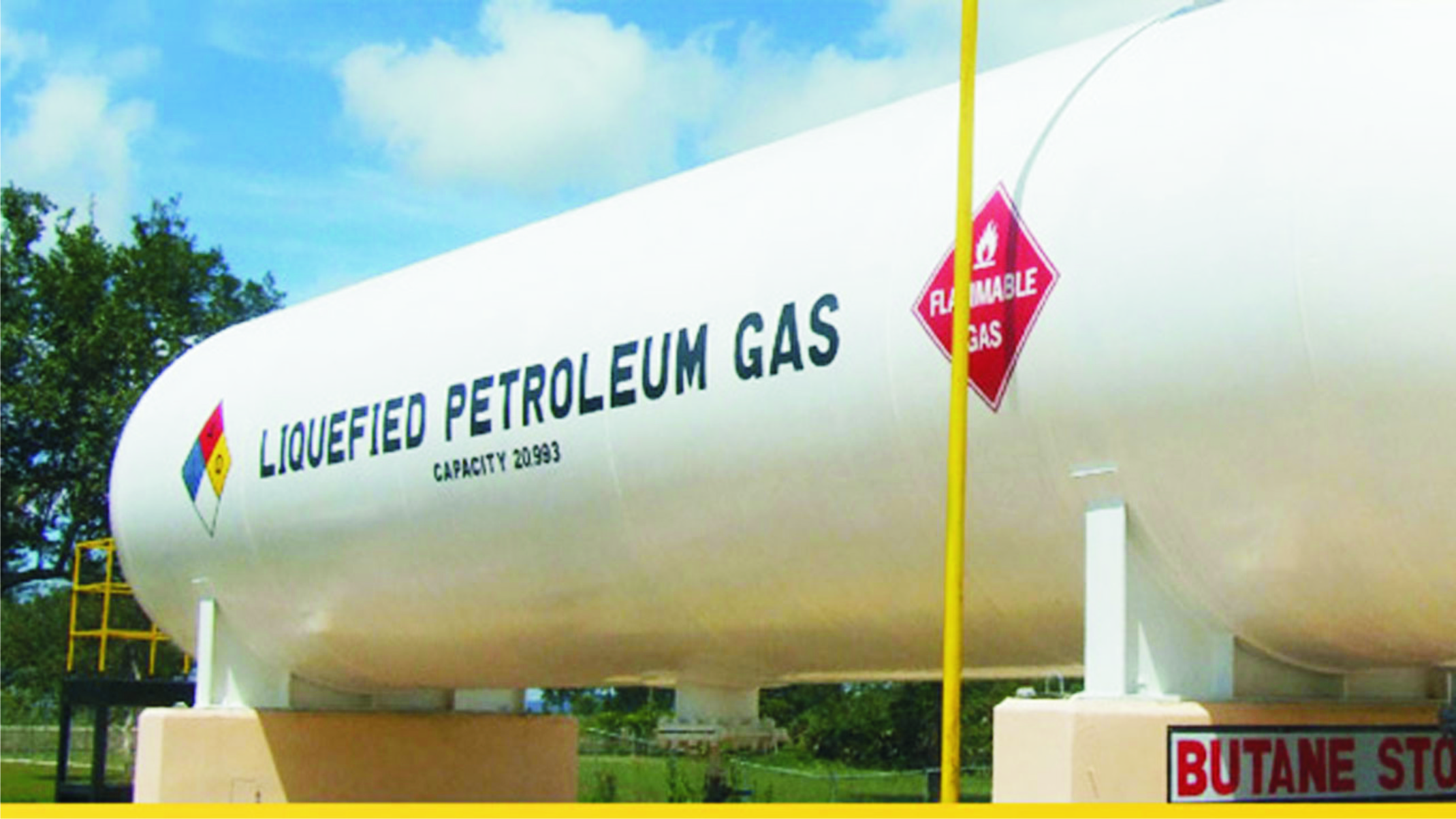Business
LPG Dealer Hails Move To Flush Out Unlicensed Marketers

A Liquefied Petroleum Gas (LPG) also known as cooking gas dealer, Mr Tobi Makinde, has applauded the move by the Department of Petroleum Resources (DPR) to sanction all roadside dealers and marketers of the product at the expiration of the 2 months ultimatum given to the illegal marketers to clear off the streets.
Makinde who gave the commendation in a chat with The Tide, noted that although the task to rid the roadsides and streets of illegal cooking gas dealers rests on the shoulders of LPG dealers associations the would do everything in their powers and within the ambit of the law to comply.
He said the unregistered and unlicensed cooking gas dealers were the bad eggs in the trade, adding that they were also the group that cause hoarding and create artificial scarcity.
According to him, “We, the LPG Retailing Association of NUPENG, have agreed to help flush out the illegal dealers in collaboration with security agencies across the country.
Makinde, who is the Manager of Sungas Plant in Port Harcourt, also noted that, “we would use the two months deadlines to sensitise our members on the dangers of plying their trade within green areas, along residential streets and other unapproved location’’.
Further more, he stressed that illegal dealers in LPG would be compiled to regularise their operations and obtain the necessary documents and licenses that would enable them to freely carry out their trade.
Makinde warned that any unregistered dealer found at the expiration of the two months deadline stand the risk of being sanctioned and prosecuted.
Recall that the Zonal Operations Controller, DPR, Engr. Buba Abubakar, had at a meeting of stakeholders in Abuja, given the LPG Retaining Association of NUPENG, a two months deadline to flush out unregistered and unlicensed dealers in cooking gas.
Tonye Nria-Dappa
Business
Ban On Satchet Alcoholic Drinks: FG To Loss N2trillion, says FOBTOB

Business
Estate Developer Harps On Real Estate investment

Business
FG Reaffirms Nigeria-First Policy To Boost Local Industry, Expand Non-oil Exports

-

 News5 days ago
News5 days agoRSG Woos Investors As PHCCIMA Unveils Port Harcourt Int’l Trade Fair
-

 Sports3 days ago
Sports3 days agoBarca Impress On Return To Camp Nou
-

 Sports3 days ago
Sports3 days agoSunderland Fall At Fulham
-

 Sports3 days ago
Sports3 days agoBundesliga: Oliseh Stars As Bayern Rebound To Thrash Freiburg
-

 Sports3 days ago
Sports3 days agoForest Embarrass Liverpool At Anfield
-

 Niger Delta3 days ago
Niger Delta3 days agoTraditional Ruler Seeks End To Benin Artifacts Unauthorized Promotion
-

 Sports3 days ago
Sports3 days agoOgoni Nation Cup: Victory Against Amee Base Excites Coach
-

 Maritime3 days ago
Maritime3 days agoNSC Decries Police Interferences With Cargoes At Seaports

